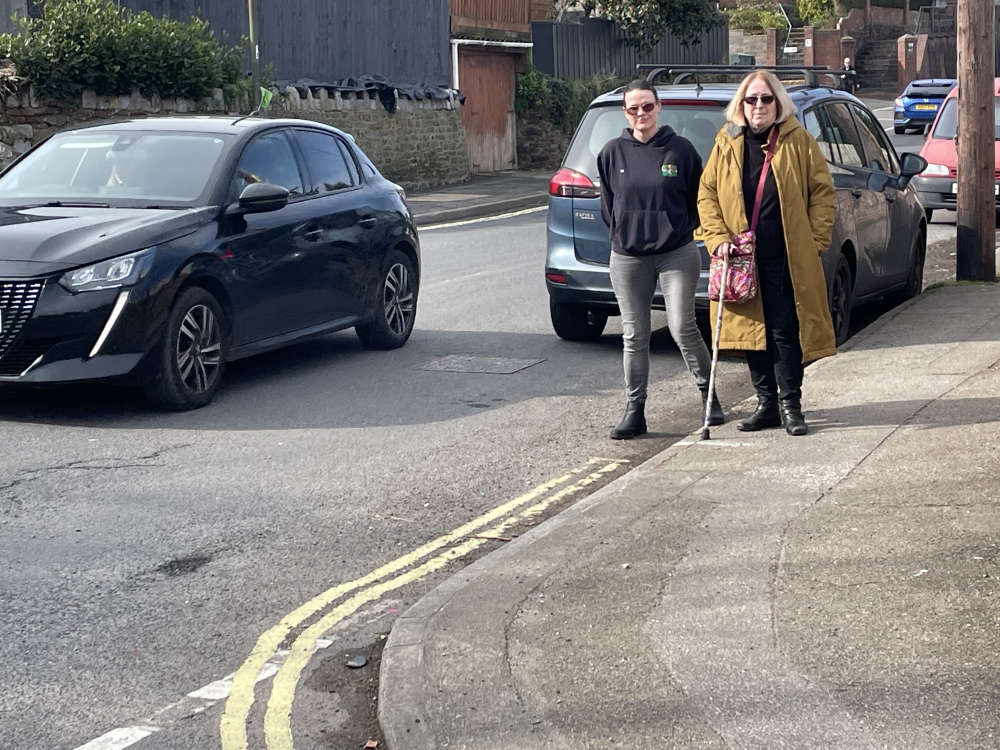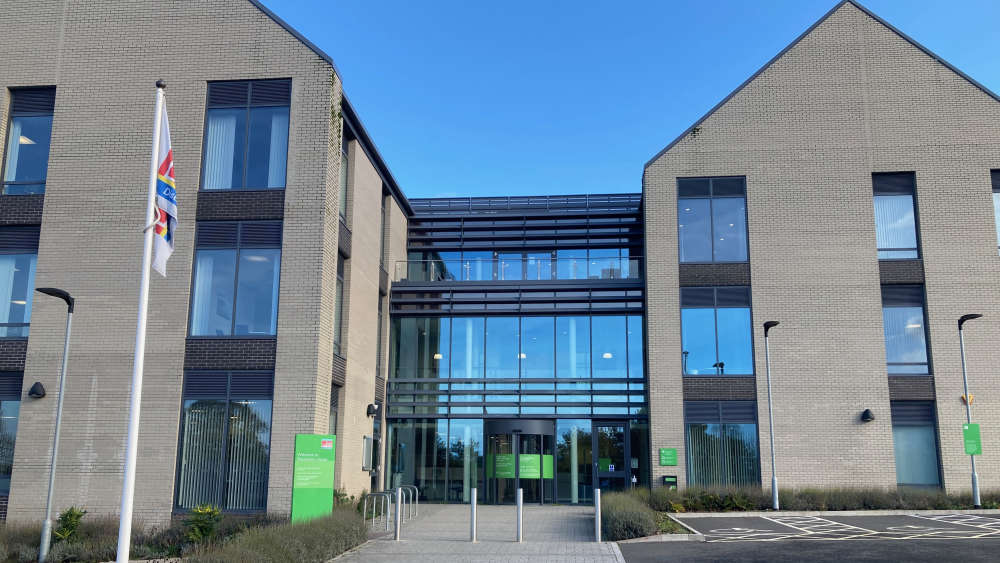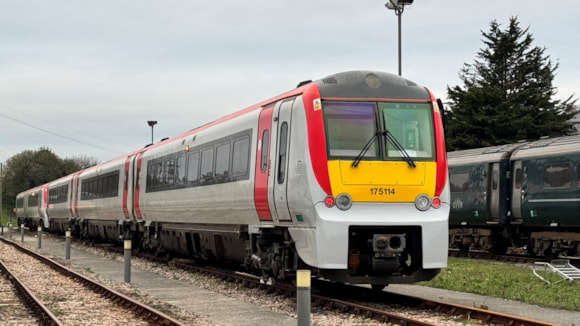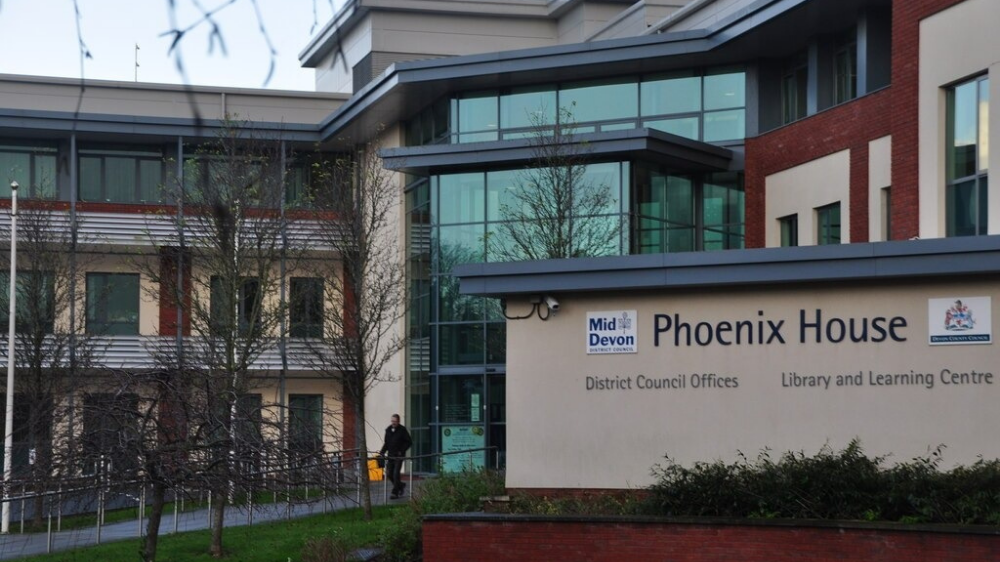
Budget held up by waste grant
The average household in Torridge will pay an extra 11p a week more for district council services if a 2.99 per cent rise goes ahead in April.
Members of Torridge District Council’s internal overview and scrutiny committee have recommended the increase, along with a net revenue budget of just over £12 million .
Council officers produced a balanced budget for 2025/26 but warned members that they would have to find ways to reduce a deficit predicted to rise to more than £4 million by 2029 as reserves run out.
If the recommendations are approved by the full council, Band D households will see their district council element of their council tax bills rise from £189 to £195 a year.
This will be added to amounts set by county and parish councils, police and fire services to make up the total council tax bill.
Council tax accounts for just over a quarter of Torridge’s budget, with business rates of the same proportion. Fees for local services contribute 42 per cent, and six per cent comes from government funding, which has fallen “markedly” recent years, the council’s finance manager Gordon Bryant told the meeting.
Mr Bryant said the figures for 2025/26 looked “artificially good” with expenditure and income roughly the same, but this is because of a government grant of almost £1 million to meet the costs of increased responsibilities around certain waste collections.
This is also the only year when the district council would receive both this grant and cost-sharing benefits from a waste partnership with Devon County Council, he added.
The government’s plan to reset funding around business rates would decrease the money the council would get, and funding settlements would be measured on levels of deprivation, he continued.
“It’s assumed that because measures of deprivation do not generally benefit rural areas as much as urban ones we will get less funding,” he said.
Predictions show £2 million in reserves for ‘budget stabilisiation’ will run out over the next few years, which Mr Bryant describes as “ a cause for concern” but “not the worse case scenario” if the council makes around £250,000 of savings each year.
There are indications of money coming back as the council’s operational services move to one site, an increase in car parking capacity, increased planning income and higher interest on cash.
The committee heard that the costs of housing residents in temporary accommodation had fallen over the past two years because of fewer families needing properties and the council buying its own homes to replace the reliance on B&Bs.
Deputy council leader Claire Hodson (Ind, Westward Ho!) said the message is clear that the council should not be complacent.
“The member budget working group needs to not just look at savings or raising fees and charges, it needs to look at broader income regeneration as other local authorities have done to help support their budgetary requirements,” she said.
Torridge has a £48 million capital programme for projects which has a small amount of surplus funding. New projects supported include replacing ticket machines in car parks.
The council’s new operational services centre at East-the-Water and the clean maritime innovation centre at Appledore, the latter funded with £15 million from the government, are part of the programme. So are decarbonising Holsworthy swimming pool, works to Bideford town hall roof and plans to make its old library into a fitness venue for Active Torridge.
 Torbay Council asked 'did you run out of paint' for yellow lines?
Torbay Council asked 'did you run out of paint' for yellow lines?
 Plymouth piloting Labour's breakfast clubs
Plymouth piloting Labour's breakfast clubs
 East Devon planning fee hikes loom
East Devon planning fee hikes loom
 New trains heading for Devon and Cornwall
New trains heading for Devon and Cornwall
 Steam engine's first journey in memory of Devon boy
Steam engine's first journey in memory of Devon boy
 Not much interest in community survey
Not much interest in community survey
